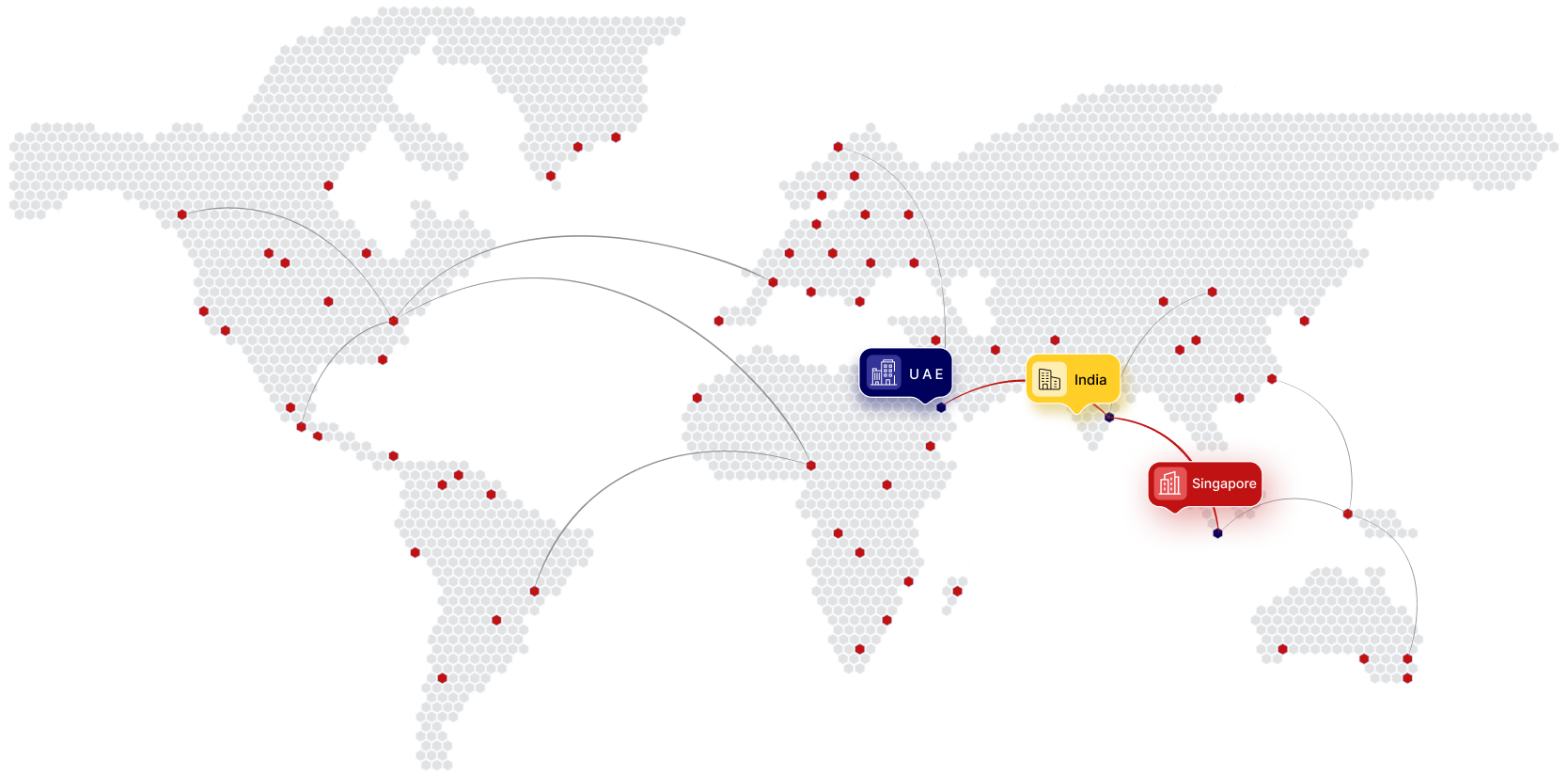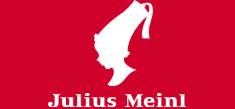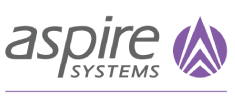Cyber Security Standards
Cyber Security Standards
Cyber Security standard refers to a collection of recommendations or optimal methods utilized by organizations to enhance their cyber security stance.
These standards aid organizations in recognizing and enacting suitable measures to safeguard their systems and data against cyber threats. Additionally, they offer direction on responding to and recuperating from cyber security occurrences.
Cyber security frameworks typically apply universally, irrespective of an organization’s size, industry, or sector. This resource outlines prevalent cyber security compliance standards that are a solid foundation for any cyber security strategy.

SecureIT: Your Digital Shield Against Cyber Threats
Cyber Security Standards
PCI DSS (Payment Card Industry Data Security Standard)
HIPAA (Health Insurance Portability and Accountability Act)
GDPR
DFARS (Defense Federal Acquisition Regulation Supplement)
DFARS (Defense Federal Acquisition Regulation Supplement) consists of regulations established by the Department of Defense (DOD) to complement the Federal Acquisition Regulation. It furnishes directives and processes for procuring supplies and services within the DOD.
Government acquisition personnel within the DOD and contractors and subcontractors engaged in business with the DOD must comply with DFARS guidelines.
FISMA (Federal Information Security Management Act)
The Federal Information Security Management Act (FISMA) is a law in the United States that was passed as Title III of the E-Government Act of 2002. The purpose of this law is to provide a complete framework to ensure the security of information and information systems in all executive branch agencies.
FISMA requires federal agencies to implement information security programs to ensure the confidentiality, integrity, and availability of their information and IT systems, including those managed by third-party agencies or contractors.
ISO 22301
ISO 22301 serves as an international standard detailing methods for organizations to ensure uninterrupted business operations and safeguard against potential disasters. This Standard offers a framework for establishing a comprehensive BCMS (business continuity management system) applicable to any organization, regardless of size, industry, or location.
The international standard ISO 22301:2012 lays down the prerequisites for a BCMS, representing the foremost credible framework for efficient business continuity management worldwide.
ISO 27001
ISO 27001 is a global standard for managing sensitive company data. It covers establishing an ISMS, implementing security measures, and conducting risk evaluations. The framework provided by this Standard aids organizations in consolidating and cost-efficiently managing their security practices in a unified location.
ISO/IEC 27001:2022 (ISO 27001) is a global standard for implementing an ISMS to secure information assets, including financial data, intellectual property, employee particulars, and third-party managed data. ISO 27001 is complemented by ISO/IEC 27002:2022, its code of practice for information security management, offering guidance on implementing security controls to manage information security risks.
ISO/IEC 27002
ISO 27002 provides guidelines for information security management and works with ISO 27001 to outline ISMS prerequisites.
Published by the ISO (International Organization for Standardization) and IEC (International Electrotechnical Commission), ISO/IEC 27002:2013 is an information security standard forming a part of the ISO/IEC 27000 standards family.
This Standard furnishes advice and recommendations for organizational ISMSs (information security management systems). It aims to assist organizations in recognizing and handling risks to their information security, providing a comprehensive array of controls to tackle these risks.
ISO/IEC 27031
ISO 27031 is a standard addressing ICT (information and communications technology) readiness for business continuity. It offers direction on leveraging ICT to safeguard business operations and uphold continuity when faced with incidents or disasters.
Conforming to ISO 27031 aids organizations in comprehending the risks to ICT services, thereby ensuring their resilience amid unforeseen incidents.
ISO/IEC 27032
ISO/IEC 27701
ISO 27701 outlines the prerequisites for a PIMS (privacy information management system) that builds upon ISO 27001’s criteria. It encompasses a series of privacy-specific prerequisites, objectives, and controls.
ISO 27701 allows organizations using ISO 27001 to strengthen their security protocols with privacy management. It outlines guidelines for developing, implementing, maintaining, and enhancing a privacy information management system (PIMS).
ISO 27701 extends ISO 27001 by adding privacy-specific prerequisites and controls for managing Personally Identifiable Information (PII) by PII Controllers and PII Processors.
NIST CSF (Cyber Security Framework)
The NIST CSF (National Institute of Standards and Technology Cyber Security Framework) is a voluntary set of standards, guidelines, and best practices crafted to manage cyber security risks.
This framework assists organizations in methodically and consistently recognizing, evaluating, and handling their cyber security risks. While not obligatory, it is increasingly embraced as a voluntary means for organizations to enhance their cyber security posture.
Built upon existing standards, guidelines, and practices, the NIST CSF offers guidance on cyber security risk management. Applicable worldwide, the framework was primarily crafted for US critical infrastructure organizations.
Cyber Security Standards
PCI DSS (Payment Card Industry Data Security Standard)
PCI DSS (Payment Card Industry Data Security Standard)
HIPAA (Health Insurance Portability and Accountability Act)
GDPR
DFARS (Defense Federal Acquisition Regulation Supplement)
DFARS (Defense Federal Acquisition Regulation Supplement) consists of regulations established by the Department of Defense (DOD) to complement the Federal Acquisition Regulation. It furnishes directives and processes for procuring supplies and services within the DOD.
Government acquisition personnel within the DOD and contractors and subcontractors engaged in business with the DOD must comply with DFARS guidelines.
FISMA (Federal Information Security Management Act)
The Federal Information Security Management Act (FISMA) is a law in the United States that was passed as Title III of the E-Government Act of 2002. The purpose of this law is to provide a complete framework to ensure the security of information and information systems in all executive branch agencies.
FISMA requires federal agencies to implement information security programs to ensure the confidentiality, integrity, and availability of their information and IT systems, including those managed by third-party agencies or contractors.
ISO 22301
ISO 22301 serves as an international standard detailing methods for organizations to ensure uninterrupted business operations and safeguard against potential disasters. This Standard offers a framework for establishing a comprehensive BCMS (business continuity management system) applicable to any organization, regardless of size, industry, or location.
The international standard ISO 22301:2012 lays down the prerequisites for a BCMS, representing the foremost credible framework for efficient business continuity management worldwide.
ISO 27001
ISO 27001 is a global standard for managing sensitive company data. It covers establishing an ISMS, implementing security measures, and conducting risk evaluations. The framework provided by this Standard aids organizations in consolidating and cost-efficiently managing their security practices in a unified location.
ISO/IEC 27001:2022 (ISO 27001) is a global standard for implementing an ISMS to secure information assets, including financial data, intellectual property, employee particulars, and third-party managed data. ISO 27001 is complemented by ISO/IEC 27002:2022, its code of practice for information security management, offering guidance on implementing security controls to manage information security risks.
ISO/IEC 27002
ISO 27002 provides guidelines for information security management and works with ISO 27001 to outline ISMS prerequisites.
Published by the ISO (International Organization for Standardization) and IEC (International Electrotechnical Commission), ISO/IEC 27002:2013 is an information security standard forming a part of the ISO/IEC 27000 standards family.
This Standard furnishes advice and recommendations for organizational ISMSs (information security management systems). It aims to assist organizations in recognizing and handling risks to their information security, providing a comprehensive array of controls to tackle these risks.
ISO/IEC 27031
ISO 27031 is a standard addressing ICT (information and communications technology) readiness for business continuity. It offers direction on leveraging ICT to safeguard business operations and uphold continuity when faced with incidents or disasters.
Conforming to ISO 27031 aids organizations in comprehending the risks to ICT services, thereby ensuring their resilience amid unforeseen incidents.
ISO/IEC 27032
ISO 27032 is an internationally acknowledged standard offering direction on cyber security for organizations. It aims to assist organizations in shielding themselves from cyber-attacks and handling the risks linked to technology utilization. The Standard operates on a risk management framework, offering guidance on recognizing, evaluating, and managing cyber risks. Additionally, it provides instructions for incident response and recovery.
ISO/IEC 27701
ISO 27701 outlines the prerequisites for a PIMS (privacy information management system) that builds upon ISO 27001’s criteria. It encompasses a series of privacy-specific prerequisites, objectives, and controls.
ISO 27701 allows organizations using ISO 27001 to strengthen their security protocols with privacy management. It outlines guidelines for developing, implementing, maintaining, and enhancing a privacy information management system (PIMS).
ISO 27701 extends ISO 27001 by adding privacy-specific prerequisites and controls for managing Personally Identifiable Information (PII) by PII Controllers and PII Processors.
NIST CSF (Cyber Security Framework)
The NIST CSF (National Institute of Standards and Technology Cyber Security Framework) is a voluntary set of standards, guidelines, and best practices crafted to manage cyber security risks.
This framework assists organizations in methodically and consistently recognizing, evaluating, and handling their cyber security risks. While not obligatory, it is increasingly embraced as a voluntary means for organizations to enhance their cyber security posture.
Built upon existing standards, guidelines, and practices, the NIST CSF offers guidance on cyber security risk management. Applicable worldwide, the framework was primarily crafted for US critical infrastructure organizations.
Unlocking Secure Environments in Endpoint Protection
Cyber Security Services
A Member Firm of Andersen Global
- 175+ Countries
- 525+ Locations
- 17,500+ Professionals
- 2350+ Global Partners

- 175+ Countries
- 525+ Locations
- 17,500+ Professionals
- 2350+ Global Partners

- 175+ Countries
- 525+ Locations
- 17,500+ Professionals
- 2350+ Global Partners

Need Assistance?
Get In Touch
We appreciate your interest in IMC and are eager to address your needs.
To ensure we address your needs accurately and promptly, please fill out this form. This will help us in identifying and connecting you with the appropriate team of experts in our organization.
We take pride in our responsiveness and aim to get back to you within a span of 1-2 business days. Your journey towards solutions starts here.
Companies we have worked with

































